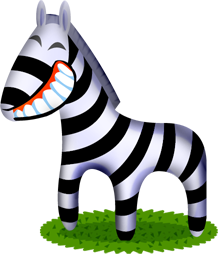The Hamilton-White Child Development Center is a place for your child to play, laugh, explore & love. Learning is what it is all about.
- Enrolls children from six weeks to four years old
- Operates on a 12-month basis in accordance with the University staff calendar
- Administered by a Director & supported by 12 staff members
- Employs 5 teachers, 5 assistant teachers & 2 part-time cooks for breakfast, lunch & snacks
- A teacher & assistant are assigned to each group of children
- The infant/toddler class has one additional assistant
-
Staff members participate in workshops & in-service training sessions throughout the school year to complete 15 hours of staff development required by law per year
-
All workers are considered teachers and are encouraged to design and follow an individual plan of study to gain knowledge and improve teaching practices
-
Lab students in Child Development, interns, work study students, & graduate assistants also may be assigned to work with groups of children for short periods of time in the day. Students are never left alone to supervise children.
- Children are placed according to chronological age and developmental level.
- Infants and toddlers are housed on the first floor of the Ewing Hall. Preschoolers (3-5) are housed in Bailey Hall.


 Infants
Infants Toddlers
Toddlers
 Preschool
Preschool Two-Year-Olds
Two-Year-Olds